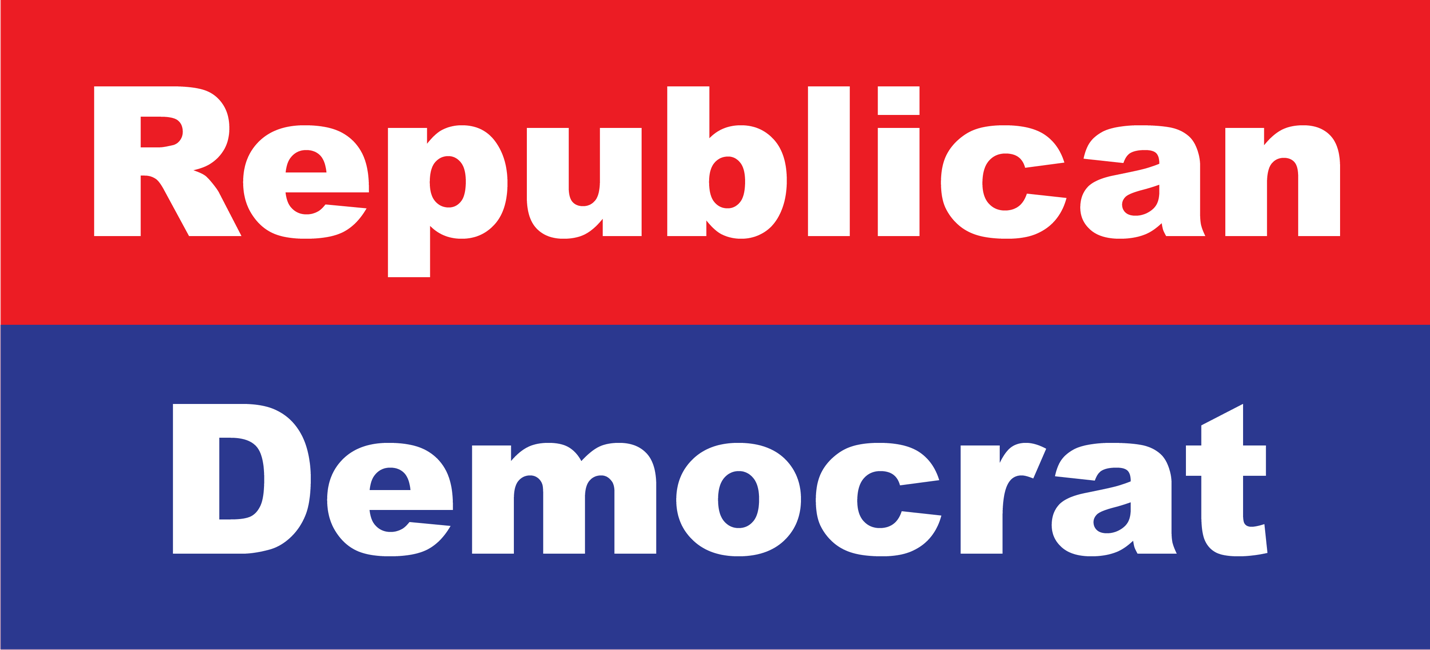Make America Debate Again
What can we learn from John C. Calhoun
John C. Calhoun is the defining political mind of the Antebellum era. Pick up a book about the era, and you'll likely see John C. Calhoun’s name cross through the story. He served as a Senator, Secretary of War, Secretary of State, and Vice President. He was a large part of the Nullification Crisis, Force Bill, Gag Rule, and Annexation of Texas. When he died, he left behind the recently finished A Disquisition on Government to help guide the Union through the turbulence of 1850. Calhoun was a brilliant man who could reason with the best minds of history. He had complicated relationships with his wife and children. He loved South Carolina and the Union. Yet, very few know who he was. Why? Because he was a slaveholder who fought to preserve slavery.
Calhoun's brilliance shone in the way he understood government, history, and economics. Calhoun lays out his ideas in A Disquisition on Government. He explains government and how history's governments have evolved–– sometimes drifting to Democracy and Anarchy and sometimes drifting to Despotism and Monarchy. Calhoun explains that as nations grow, classes will form in society, and parties will form in government. As nations grow, the gap between the rich and poor will expand, and the government will naturally consolidate power, typically forming two great parties. The parties fight for control, and the goal becomes absolute power or majority rule.
Calhoun also outlines our democratic republic, explaining how we vest our power into representatives who then govern. Calhoun believes the right of suffrage, or the right to vote, to be instrumental in protecting the representatives from abusing their power. His core belief is that the majority should not rule the minority. Calhoun suggested that major decisions affecting the entire Union should have broad consensus across multiple factions or interest groups rather than a simple numerical majority. In other words, he believed that important decisions should only be made if they gained the approval not only of a numerical majority but also of a majority that included representatives of all significant groups within the country. He calls this the Concurrent or Constitutional Majority.
Calhoun's brilliance might only be matched by his hypocrisy. Calhoun was critical of President James K. Polk bypassing Congress to instigate the Mexican-American War. He believed that precedent would strip Congress of war powers, sending the Union and the people into forever wars. He understood how breaking norms set devastating precedents that would be hard to undo. Yet, as Secretary of State serving John Tyler, Calhoun brought Texas into the Union by setting a precedent of numerical Majority rule. He saw no way around preserving slavery without betraying his principles of government. Calhoun felt balancing the power between the slaveholding and non-slaveholding states was the only way to preserve the Union. As brilliant as he was, he still couldn’t see how he and the South were the ultimate tyrannical group ruling a minority group.
Despite his hypocrisy, his ideas on government still hold merit and should be discussed today. Calhoun feared a northern system of finance capitalism would turn the Union into groups of haves and have-nots–– placing Americans into a system of serfdom where the Capitalists owned the land and instruments of labor, seeking to draw all the profit, leaving the laborer in a state of dependency. Calhoun believed industry could be successful if workers shared in the profits of production. Capitalists want progress for profit. Governing with a concurrent majority over a numerical majority slows the progress to a manageable rate. This is not to say that progress is bad, but that it should happen at the proper pace when society is ready to carry the responsibility.
A lot has changed in government and the economy since 1850. Power has been consolidated into the Executive and the Democratic and Republican parties. The economy is shaped by wealth. The result is a shrinking middle class who are left powerless.
If we layer Calhoun’s A Disquisition on Government over the Federalist Papers, two of the most important political philosophies written in American history, we begin to understand government as a bunch of groups. The phrase Sphere of Power can be found repeatedly in both works. In both works, the objective is to provide balance. Madison writes of ambition counteracting ambition, and Calhoun writes about power meeting power. Our republic is designed not to let any one sphere or group grow so large that it controls the others. For this to happen, there must be a balance of groups in the Union.
Our Union is divided into 50 groups. Our federal government consists of 435 groups in the House and 100 groups in the Senate. The people are divided into two groups. Republicans and Democrats. Those with wealth finance the parties, and those with time work for the parties. Those without wealth and time are left out. The result is a group structure that is off-balance and controlled by capital.
Both Madison and Calhoun write about how the right of suffrage is instrumental in holding group leaders or representatives accountable. We should understand this but expand on the idea. The right to representation is just as instrumental. When the groups are too large and too few, citizens are left out of the governing process. In 1911, Congress capped representation in the House at 435. At the time, the population was around 100 million. Today, the population is north of 330 million. Then, the citizen-to-representative ratio was 1: 220,000, now it’s 1: 756,000. With groups that large, it takes a lot of capital to reach the people or the representative.
The right of suffrage has failed to hold our representatives accountable. Our troubles cannot be answered with a vote. We need to focus on our right of representation. The first step is to uncap the house and make the groups smaller. Smaller groups will require less capital for elections and increase the ability of the citizens to meet with their representatives.
We need a party system that divides and separates power like our republic—giving us federal parties and state parties. The focus here is the same. Make more smaller groups and make it easier for regular citizens to be involved.
If we look at our economy the same as we see our government, a set of groups competing in a sphere, then the answer to our divide between rich and poor is the same. Create more groups. We can do this by creating federal and state corporations with their own set of rules, lessening burdensome regulations designed to raise the cost of entry for small businesses. The goal is to foster the emergence of smaller corporations by simplifying market entry processes. Smaller corporations allow employees more say in how the company is run. This accountability will help balance the division of labor and capital.
Successful governments and economies are those that provide plentiful opportunities. When opportunities are limited, the divide between rich and poor, between those who have power and the powerless, grows. We must understand that as our government and economy have grown, power has consolidated, and opportunities have been limited. We must focus on reforming the system to a more representative nature. We need balance.
As we expand opportunities for labor and representation for power, we should implement Calhoun’s ideas of the Concurrent or Constitutional Majority and the negative power or nullification–– giving Congress a negative power to nullify federal law until a Concurrent Majority can be met. In other words, suppose a Numerical Majority passes a law but is strongly opposed by the minority. In that case, the minority group can write and pass a resolution requiring the law to be nullified until it passes with the Concurrent Majority.
Like Rome, France, and Great Britain before us, our Union has grown into an empire with limited opportunities, concentrated power, and a lack of accountability. We must recognize our faults so we can repair them. We must talk about our past trauma so we can heal. We must study our past so we can learn how we ended up here. It’s time for us to grow up and start debating ideas again.
#MakeAmericaDebateAgain
Special thanks to the Madisonian Republican team for helping write this essay. Come out and meet the team on Saturday, September 16th from 2 pm to 6 pm at Great Mane Brewery in Haymarket, VA for our Small Business Showcase.
Peace & Love





